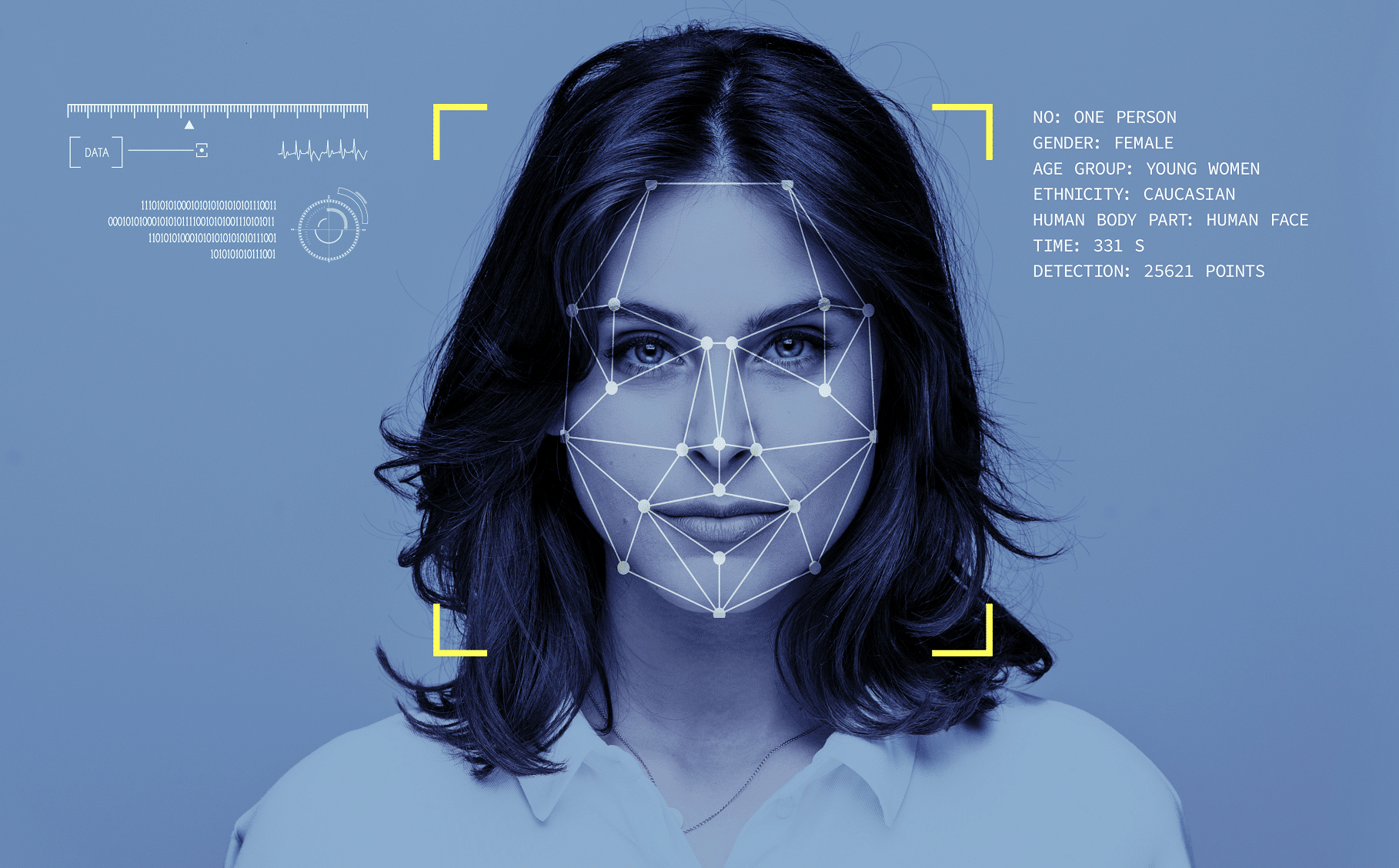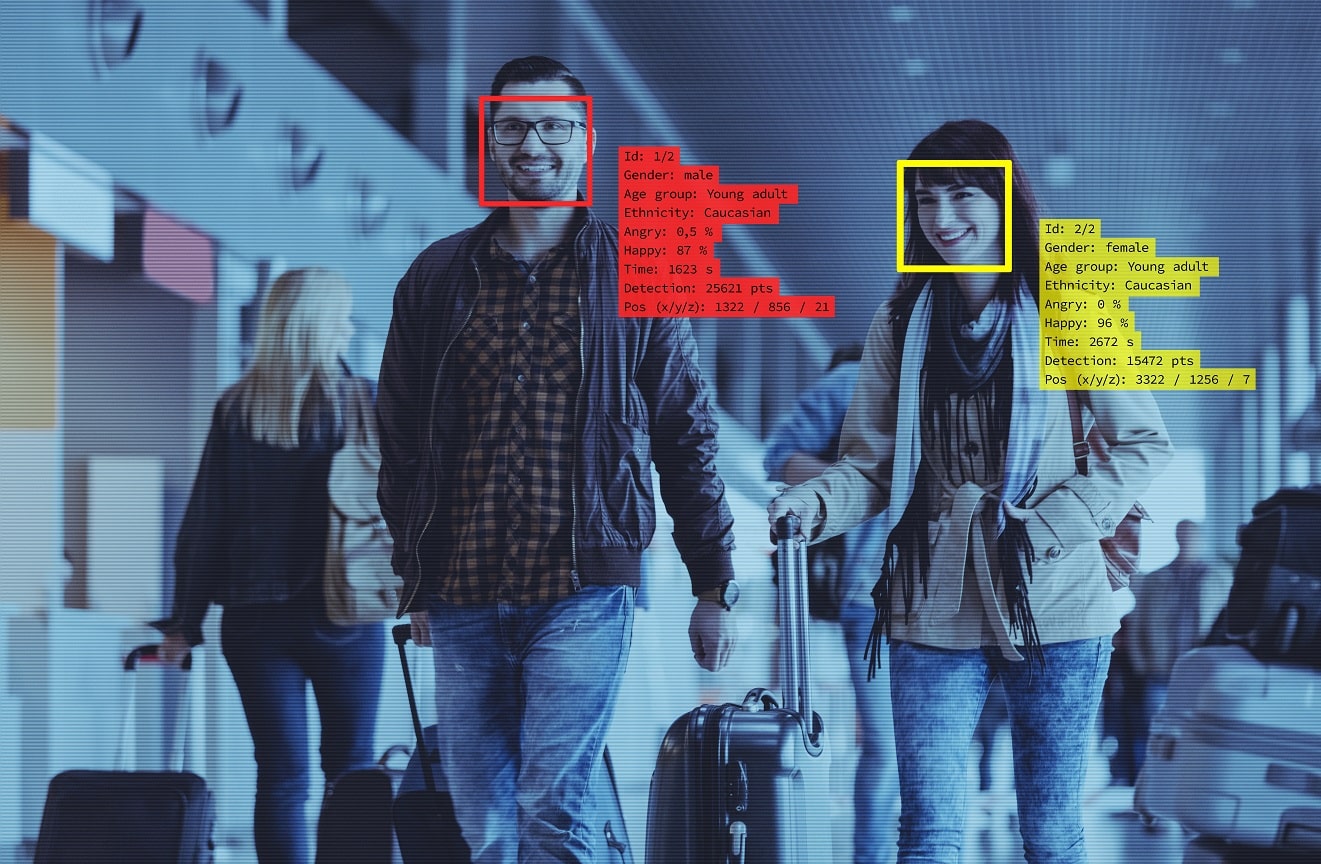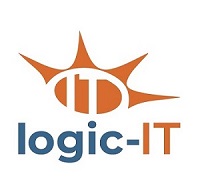- Blogs
- Mon May 1
What You Should Know About Facial Recognition Technology

Facial recognition technology is becoming more common, being used in everything from security systems to social media platforms. However, despite its many uses, there are growing concerns about the privacy implications. With artificial intelligence being rapidly adopted, it’s important to understand what it is, how it works, and its possible drawbacks.
What Is Facial Recognition Technology?
Facial recognition is a type of technology known as biometrics — which also includes fingerprints and voice recognition. It analyzes several key focal areas of the face, namely the cheekbones, nose, jawline, and the distance between the eyes. It then compares those facial features to a database to determine a person’s identity.
How Is It Used?
This cutting-edge technology can be used for a variety of purposes — not just unlocking your smartphone. It’s proving to be a game-changer for its accuracy and ability to streamline processes in various fields:
- Check-Ins: Some airports use facial recognition to speed up the check-in process.
- Security: Monitors people entering and leaving buildings, events, and areas and can alert users to threats by identifying certain individuals.
- Retail: Stores employ facial recognition to identify known shoplifters in real time when they enter the store.
- Picture Tagging: Smartphones and social media tag photos with people’s names using facial recognition.
- Law Enforcement: They can quickly identify criminals or missing persons from video footage.
What Are the Privacy Concerns?
Although the use of facial recognition is becoming more common, the privacy concerns cannot be ignored:
- It can potentially be used to monitor people without their knowledge, raising worries about government surveillance.
- It’s been found to have higher error rates for women and people of color, which raises concerns about racial and gender biases.
- The virality of TikTok has raised concerns over the social media platform sending users’ biometric data to China.
The use of facial recognition is still largely unregulated. Not all states have guidelines or laws governing this AI technology. While it has many potential benefits, serious concerns exist about its usage. Critics call for transparency and for the technology to be used responsibly and ethically — with respect to individuals’ privacy rights.
The Business Community Network (BCN) welcomes small and medium local businesses to share in learning, promoting, and networking. Contact us to learn more about how we can help you.

Contact logic-IT
Someone will reach out to you soon!
We respect your privacy and will never spam or sell your information.


